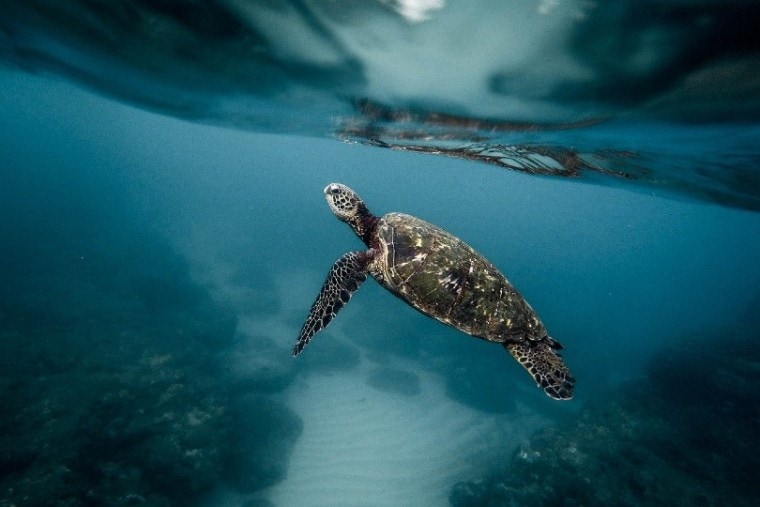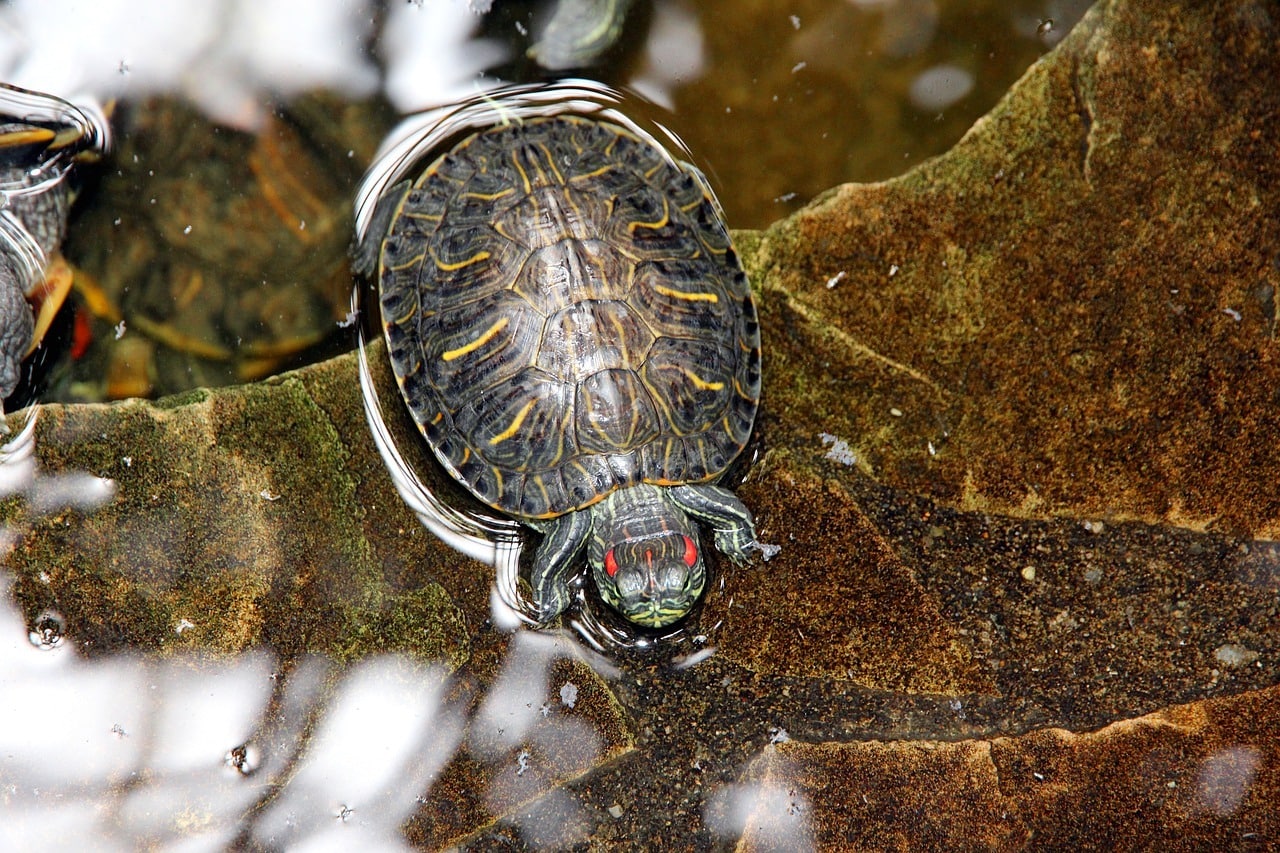
Have you ever wondered how turtles are capable of breathing while in the water? While they can breathe via their lungs when surfacing from the water and on land, it’s an entirely different story when turtles are underwater. Turtles hanging out underwater have to breathe another way, and this way is kind of unusual.
When under the water, turtles actually breathe with their butts! Well, kind of. It’s not precisely breathing, and it isn’t exactly a butt; however, it’s close enough for people to use the term “butt-breathing”. Not every type of turtle can do this, either. Only a handful of freshwater turtles rely on butt-breathing while in the water.
Ready to learn more about this fascinating process?
What Is Butt-Breathing?
The technical term for butt-breathing is “cloacal respiration”. What is a cloaca? The cloaca is the so-called “butt” of a turtle. It isn’t really a butt, but one of its purposes is to eliminate waste from the digestive and urinary tracts, so it’s similar enough. The cloaca is also used as a reproductive organ, and it’s what enables turtles to breathe while underwater.
So, how exactly does breathing through one’s butt work? Well, much like how the cloaca isn’t technically a butt, butt-breathing isn’t technically breathing.
Again, it’s only similar because the process gives turtles the oxygen they need to survive beneath the water. When turtles contract the muscles near the cloaca, water is drawn in. This water is sent to the bursae (a pair of organs that draw oxygen out of the water, then eliminate hydrogen). That oxygen is then passed on to the tissues of the body via the bloodstream, allowing the turtle to “breathe”. Rather than true breathing this is a method of gas exchange.
Pretty weird, right? But also, it is pretty cool!

Why Do Turtles’ Butts Breathe?
Butt-breathing isn’t the primary way turtles breathe; it is only a supplementation. Butt-breathing helps turtles extend the time they can stay underwater, which is important because coming up for air puts them at risk of predators. It is most often seen in river turtles, particularly in Australia. However, this sort of breathing is also used during the winter.
In regions where freshwater areas freeze over, turtles can get trapped beneath the ice for the winter and go into a period of hibernation (except hibernation for reptiles is called brumation). Brumation means that a turtle’s metabolism slows down, which means the turtle needs less oxygen and energy to survive. So, turtles switch to butt-breathing because they’re underwater and need oxygen.
Which Turtles’ Butts Breathe?
We mentioned earlier that not all turtles are capable of butt-breathing, so which ones are? Only a handful of freshwater turtles use this process for oxygen, with several of them being river turtles in Australia.
Conclusion
Some freshwater turtles engage in the genuinely fascinating process of “butt-breathing” or cloacal respiration. While butt-breathing doesn’t truly involve a butt or breathing, the term is still fairly apt for what occurs. Not all turtles are capable of butt-breathing—only a handful of turtles that live in freshwater, such as river turtles. Butt-breathing is also used by some turtles during brumation when they are stuck beneath ice in a pond or lake.
Featured Image Credit: Pexels, Pixabay








